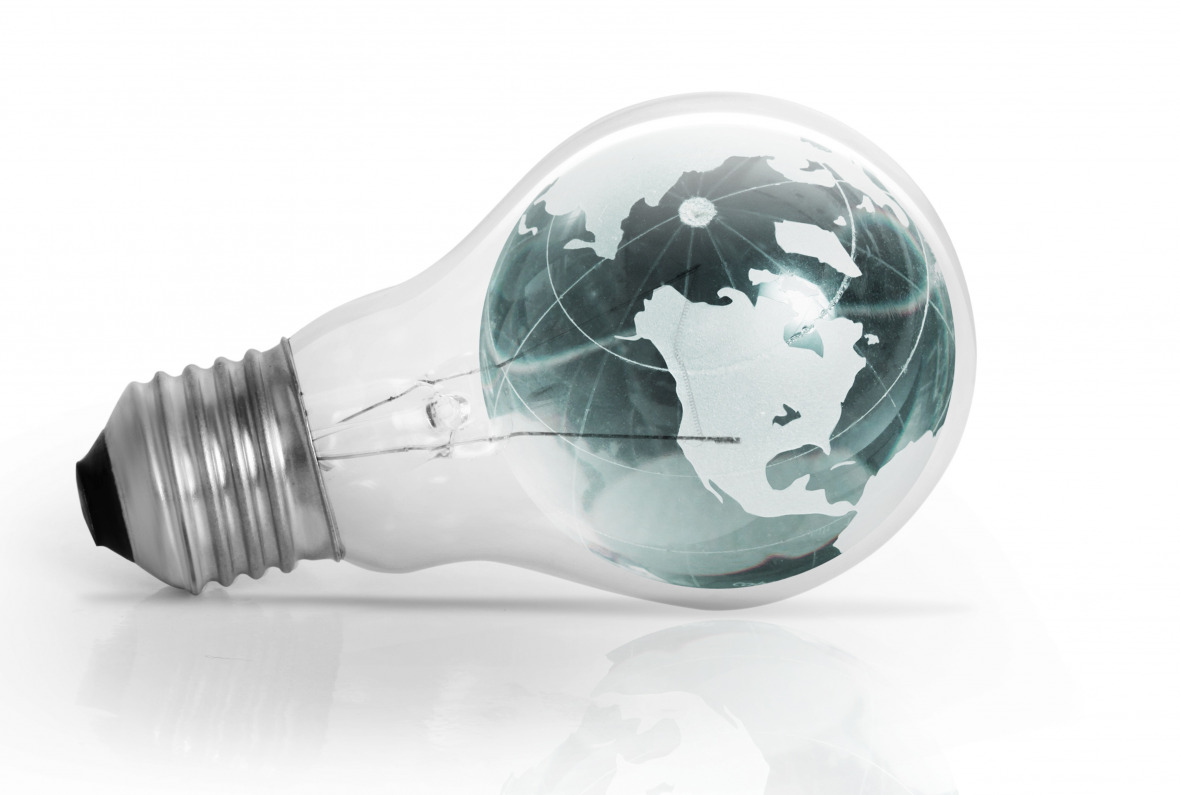Headline:
Climate Protection as a Means to Reduce Poverty and Support Economic Development: Dialogue on Energy Partnerships
Global energy transition

Fostering the growth of sustainable energy is an important aspect of the German Government’s international cooperation. Germany’s energy partnerships with twelve partner countries are a crucial strategic instrument in this context. Organised by the IASS in cooperation with Germanwatch and Brot für die Welt, a workshop held in Berlin on 7 July brought together representatives from the private sector, the policymaking community, and civil society to consider how these partnerships could contribute to a global energy transition.
The energy partnerships provide a common framework for participating ministries with different areas of activity and objectives. While, for instance, the Federal Ministry for Economic Cooperation and Development (BMZ) is concerned with efforts to increase energy access for the poor, and the Federal Ministry for the Environment, Nature Conservation, Building and Nuclear Safety (BMUB) with measures to protect the global climate, the focus of the Federal Ministry for Economic Affairs and Energy (BMWi) lies on energy security and trade promotion. For the Federal Foreign Office (AA), on the other hand, the energy transition represents an opportunity to enhance the standing of Germany abroad and to strengthen political stability in partner regions – particularly in countries in Northern Africa such as Tunisia.

Long-term relationships and regular exchanges are important
The energy partnerships provide a forum for regular, high-level political dialogue with a view to supporting the expansion of renewable energy and the wider use of efficient energy technology through cooperation. In addition to this, the partnerships provide a platform for corporate cooperation.
Titled “Leveraging Germany’s Energy Partnerships for a Global Energy Transition. Lessons learned and way forward”, the workshop reviewed the progress made so far and considered how these partnerships might be further strengthened. As well as exploring the role of energy partnerships as instruments for change, the workshop took an in-depth look at energy partnerships with India and Tunisia – both of which have made significant progress.
Along with its technological expertise and positive image, Germany’s experience as an energy transition first-mover make it an attractive partner for cooperation, several of the workshop’s participants noted. Twenty years of cooperation and exchange between Germany and India have delivered some remarkable outcomes, said Ajay Mathur from Indian research institute TERI – The Energy and Resources Institute: “The long term nature of the relationship combined with regular and transparent reviews of our work have been critical in driving important improvements in energy efficiency in India.” The partnership has also contributed to the expansion and integration of renewable capacities within energy systems in India.
Laying the groundwork for a low-emission energy supply
The German energy transition is a key point of reference for both international partners and the various government agencies and ministries active in the field of energy cooperation. In light of the Paris Agreement and its stated goal of limiting the rise in average global temperatures to well below 2°C, energy partnerships must become “partnerships for transformation” to ensure the advent of low-emissions energy systems in partner countries, proposed Lutz Weischer from Germanwatch. Achieving this will require the adoption of a wider scope: “When are we finally going to broaden the conversation to include not just the expansion of renewables but also the downsizing of carbon-based energy systems?” asked Weischer. Fossil fuel subsidies are still a widespread phenomenon around the world. According to IMF data, these environmentally harmful subsidies totalled US$5.3 trillion in 2015.
Political dialogue supports the interests of German businesses
Despite their many advantages, conflicts of interest do arise in connection with energy partnerships. Workshop participants suggested that a stronger involvement of the private sector might result in tensions between the interests of German exporters and efforts to strengthen local economies in the partner countries. The operating environments in some partner countries present a particular challenge to medium-sized enterprises, reported Philip Hiersemenzel, the spokesperson for Younicos. The Berlin-based company develops intelligent grid and energy storage solutions using innovative battery technologies. With the company unable to negotiate directly with government officials, Hiersemenzel explained, the task of ensuring an investment friendly climate falls to state actors: “Renewables need investment security. For the German renewable energy sector, the development of reliable operating environments and regulatory frameworks are the key outcomes of the political dialogues conducted through the energy partnerships.”
The participants agreed that energy partnerships must be developed on a case-by-case basis. The actors should monitor developments in the partner countries and factor these into their cooperation efforts. “Successful bilateral cooperation requires that the partners adopt a long-term perspective and step back from time to time to assess their commitments and realign their focus and processes,” emphasised IASS researcher Rainer Quitzow. The work of the IASS on Germany’s global energy transition policy is a contribution to these efforts.

